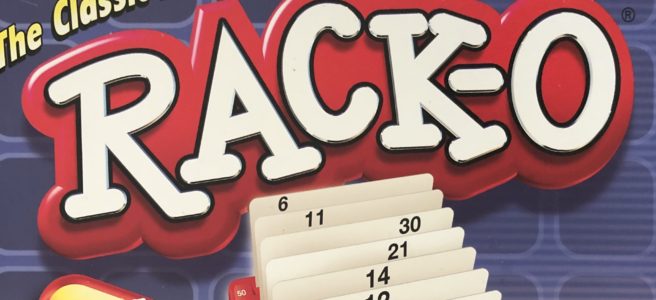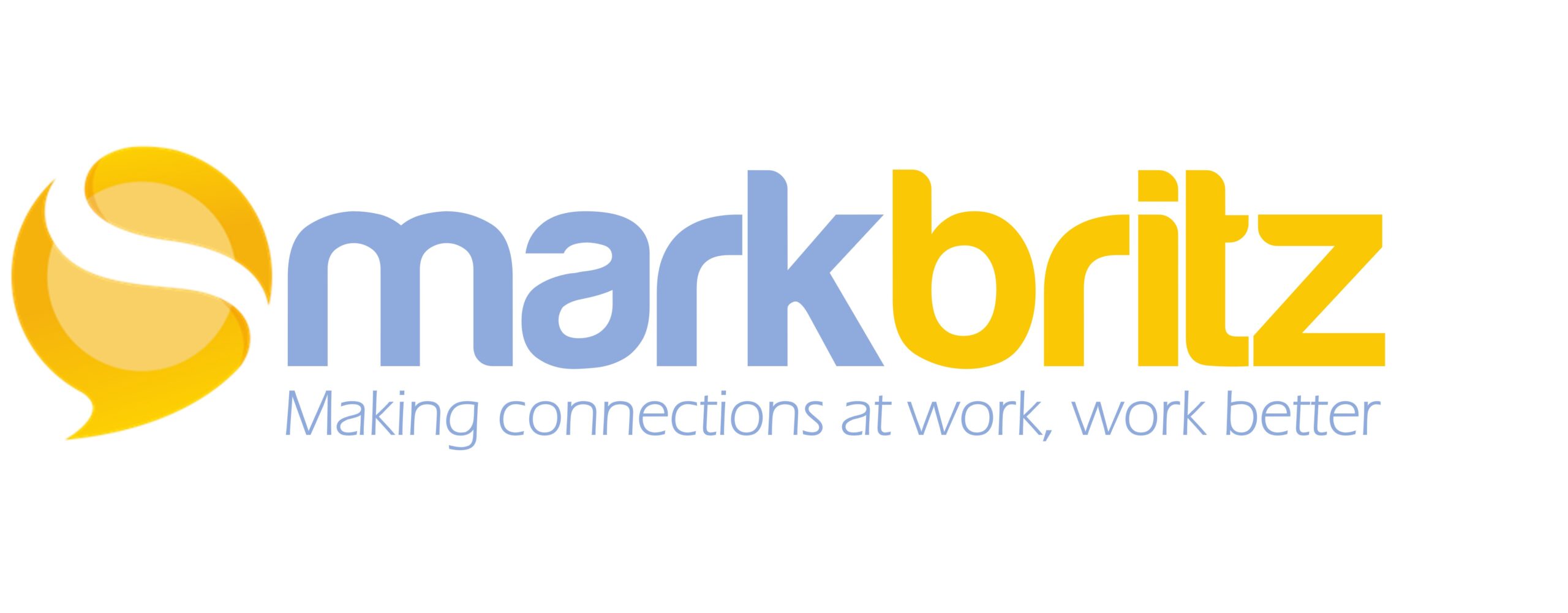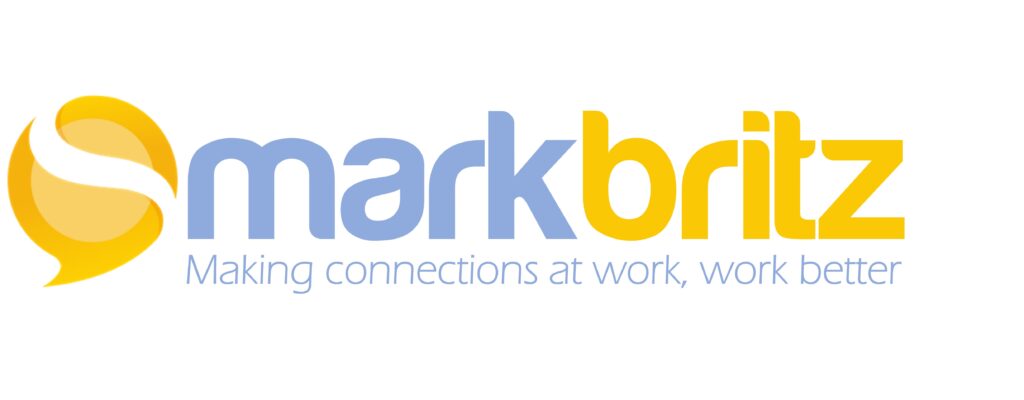I contend that beliefs form from repeated behaviors. This could be your own behavior, an observed behavior, or a behavior projected on you by another’s story (an authority tells you). I also contend that our behaviors are influenced (guided or supported) consciously or unconsciously by systems. Systems are often the context we’re in, our environment, it can also be the rules. Systems are the boundaries we can move within. We then form strategies to navigate these boundaries in order to survive or thrive. Our repeated successes or failures can lock us into a set of beliefs about how it all works.
Let’s look at all of this – beliefs, behavior and systems in a more practical way before returning to how they all play out in the world of work.
My wife, I and my in-laws enjoy playing a classic game called Rack-O. Players receive a set of random numbered cards they place in the order of receiving. Turn by turn players take cards from the deck or the previous players discard to try to create a numerical sequence (low to high). The first player who does wins. Rack-O!

For the longest time, we played simply, Rack-O or bust. But then we decided to play by rules that allowed you to obtain points without having to achieve a full sequenced set. If you had even a sequence of 2 cards you got points but the sequence had to start from the beginning only or no points. A Rack-O gave you 75pts but a solid sequence could garner 40pts. The game can be set for multiple rounds, so like 1st to 500 wins.
The rule change led slowly to different behaviors in how we played. Seeing how you or others could win over time, in different ways, changed the beliefs in the best way to play. In short, altering the rules forced behavior change, observing this different play formed new beliefs about strategy. Systems ->Behaviors—>Beliefs.
Now, one could argue new beliefs became evident with the rules change. That even before play, you could see how you may have to form a new strategy. I’d counter that, as even in this scenario there is still the active *behavior* of reading or listening to the rule change. This action prompted a change in belief and even then, for most, the new strategy was still only a theory until proven in your own play or observed in other’s play.
What does this mean in a larger org context? Simple, by changing the rules of the organization, those systems that guide or support behaviors, impactful change happens. Just telling people to change their ways when the system remains the same won’t work (beliefs) and teaching them different approaches to work when the system remains the same won’t stick (behavior). How we act, who we work with, who we aim to please, what we share, where we converse, etc. – all these social behaviors guided by systems of authority, decision-making, and rewards are all parts of the organizational design.
Work is a game after all. Change the rules and people play it differently.

